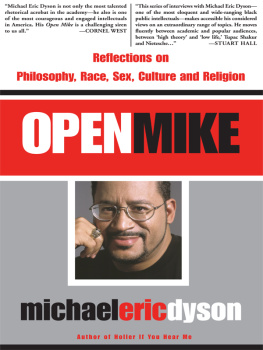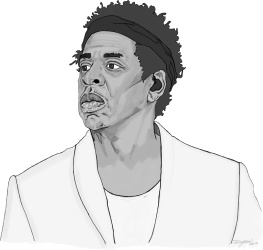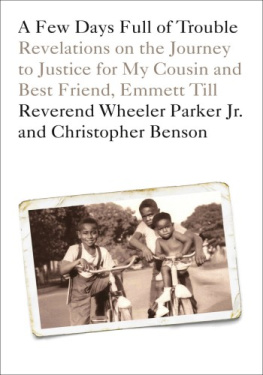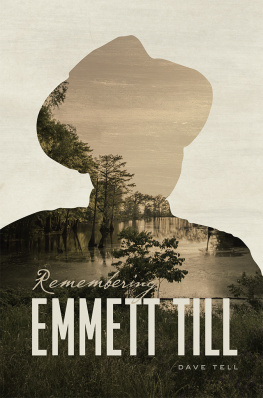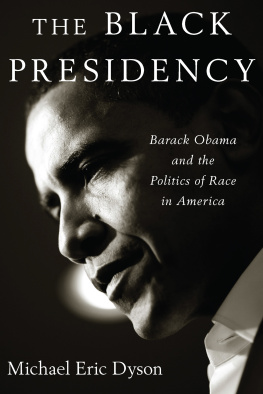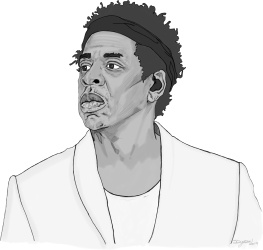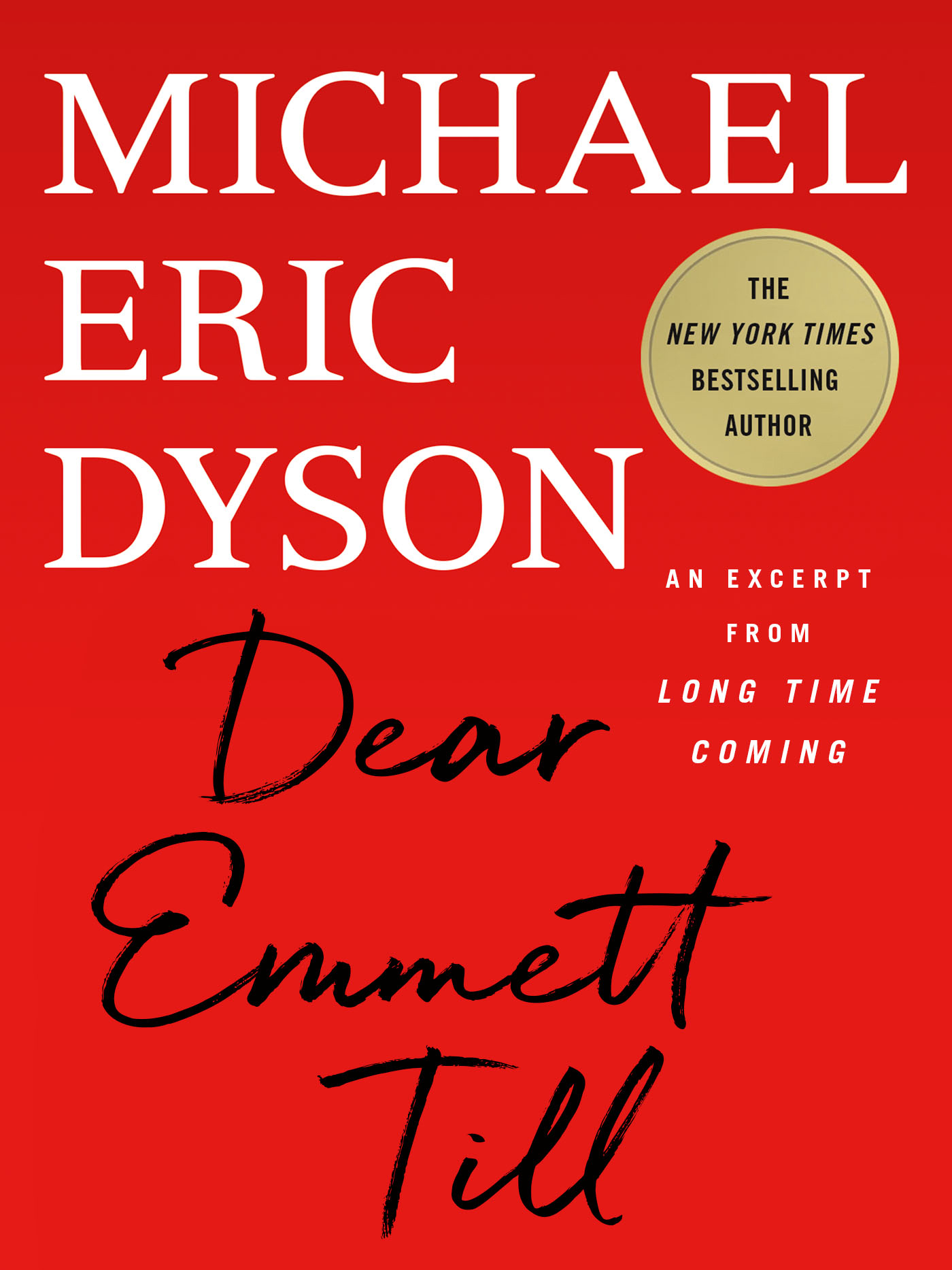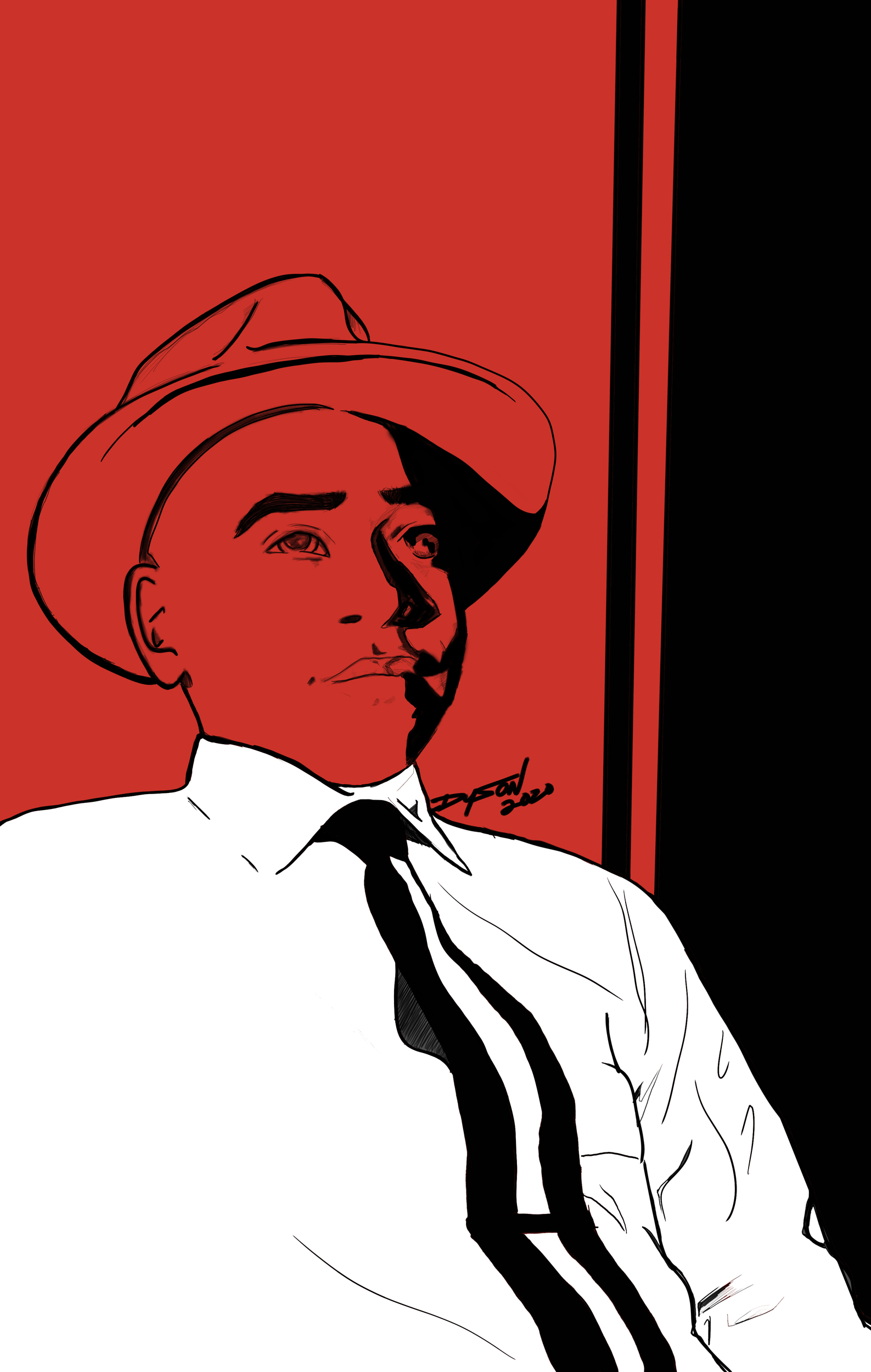Contents
Guide
Pagebreaks of the print version
The author and publisher have provided this e-book to you for your personal use only. You may not make this e-book publicly available in any way. Copyright infringement is against the law. If you believe the copy of this e-book you are reading infringes on the authors copyright, please notify the publisher at: us.macmillanusa.com/piracy.
My dear Emmett Till,
The mere mention of your name whisks us to another time and place stained by the blood of martyrs and dripping with the hate of Black bodies. Of all the tragedies of your storythat you were a fourteen-year-old boy from up north who didnt know the byzantine bigotry of Mississippi, that your stuttering could sometimes be resolved by whistling, that you were kidnapped and killed in such a profane mannerperhaps the saddest is that you never got the chance to do what normal kids do. In a frightening flash you went from Chicago teenager to global icon of the civil rights movement. As important as you have been to my freedom, to our freedom, it would be better to have a world where it didnt make sense for a beautiful boy like you to have to die. It would be better to live in a country where you could have gone to church, scarfed down hot dogs, flirted with girls, hung out with your friends, talked trash on the basketball court, gotten married and had children, and taken your kids to visit your childhood home while doing what so many of us have done as well: apologize to our mothers for giving them the blues when we were hardheaded kids.
I think of you, a boy I never met, far more often than I should, far more than any of us who never met you should. Not because we shouldnt care about the fate of a boy we never met, but because the death of a boy we never met has taken on such outsize meaning. It reminds us always that boys like you, boys like we were, boys who are now ours, too, are just as vulnerable sixty-five years later. It is beyond absurd that the slightest perceived offense in the white mind should have such fatal consequences then or now. When I see carefree teens happy just to hang out with their friends and eat ice cream and play video games, I wonder what you might have done as you came of age in Chicago. I have seen the spark when teens get an inkling of what they might do for the rest of their lives, and it makes me sad to think you never had that joy.
I appeared on Oprah once with Myrlie Evers-Williams, Medgar Everss widow and a leader in her own right, and your precious mother, Mamie Till-Mobley. I remember that Myrlie still pulsed with visceral rage at the snuffing out of Medgar, and that your mothers grief was as deep and palpable as it had been the day you perished. Mississippi murders melded the hearts of these women in an architecture of suffering and made of their spirits a living sepulcher for the man and boy they loved. Their breathing was a memorial, a fierce reminder that their loss was not theirs alone, but the loss of a nation.
Seeing them sit side by side, I couldnt help but reflect on how the third woman onstage, Oprah Winfrey, tied to Mississippi by birth, got to change the world, not by dying but by living, though she knew that her living owed a debt to you and Medgar. By having your mother and Myrlie on that set she got to pay homage to her roots and to offer you another platform to speak thirty-five years after we never heard from you again. I often wonder how your voice sounded, what others heard as you played at school or gave book reports in class, or what your voice would have sounded like as you matured and spoke up in Bible study or testified at prayer meetings in church. You have spoken to the ages, and yet we have been denied your voice.
It is weird to know you without ever getting to know you, to know you as a saint of sorts while not truly knowing the depth of a courage so stubborn that even your killers testified to it. I can only imagine the flush of fearlessness in a face so young even as mortal peril loomed. You refused to believe that these soulless goons were driving you to your death. And then after they did their evil and washed their hands of the entire affair in a court built for kangaroos and malignant liars, they seemed to get away with murder. But what they couldnt imagine is that their determination to silence your voice actually amplified the sound of a young preacher in Montgomery, Alabama, who spoke of you often, arguing that even though your death was caused by two cruel men, the ultimate responsibility for this and other tragic events must rest with the American people themselves.
I wish I could say that your death changed things forever. But here we are, my brave young soldier of light, caught in the madness of hate once again. Long before your death, and so many times since then, we have pledged to reckon with the racial calamity at the heart of our democracy. And too many times we have reneged on that promise and failed to embrace our best racial future.
As I write, the cities of our country are burning once again because of Black death. A vicious virus is stalking the globe, a disease thatsadly, predictablyhas attacked Black flesh with tragic specificity. The pandemic has thrust us into the vortex of Black vulnerability. In America, the coronavirus has exposed ugly truths that are far from novel. They are in fact part of the barely acknowledged preexisting condition of racial oppression. The abysmal lack of access to healthcare for our poorest people means that Black and Brown folk suffer higher rates and harsher consequences of heart disease, diabetes, and asthma and are far more likely to be exposed to the virus in the work they do. Black and Brown folk, paradoxically enough, stock the front lines of healthcare, and that, along with ringing cash registers and delivering food, greatly increases their susceptibility to COVID-19. Beyond the mathematical averages that sum up their vulnerability, Black and Brown suffering is far greater and bleakerthey are more likely to die from the deadly virus.
But the death I am speaking of here, dear Emmett, comes at the hands of white vigilantes, and, for the umpteenth time, at the hands of murderous cops. When America watched the video recording of policeman Derek Chauvin callously resting his knee and the full weight of his body on Minneapolis motorist George Floyds neck for more than nine minutes, suffocating him, we were reminded that we were facing a dual pandemic united by one desperate cry: I cant breathe. In Minnesota it was recorded, again, for the world to see. And for the first time, many of our white fellow citizens have seen it too.
Dear Emmett, I must speak directly to our white brothers and sisters: So many of you, my white friends, have said that you now see that what we have been saying all along is true. But take a moment to let what we have seen for centuries sink in. Please understand that there is a great deal more heartbreak and tumult that you havent seen behind what you are now finally beginning to see. Sight requires imagination. Imagination makes what we see make sense. Consider these videos visual autopsies of the slow death of justice.
Can you imagine how we feel when we see the moving pictures of yet another one of our people slaughtered in the streets? We speak in our day of triggers, moments that crystallize trauma, flood time with memory, and wash us into emotional peril. Triggers may be small things that spark remembrance of bigger and older things, and before we know it, we are paralyzed by panic and filled with fear. Or they can be seismic events that jar loose our collective memory of injury inflicted and pain endured. In this case it is the bitterly suppressed realization that American prosperity was built on Black death. Some Africans died in self-defense when they were ambushed by brutal catchers looking for new flesh to enslave. Many others succumbed on the unforgiving voyage to the New World and were unceremoniously tossed overboard. Those who reached North America were often murdered in the ruthless haste to build the American economy.


